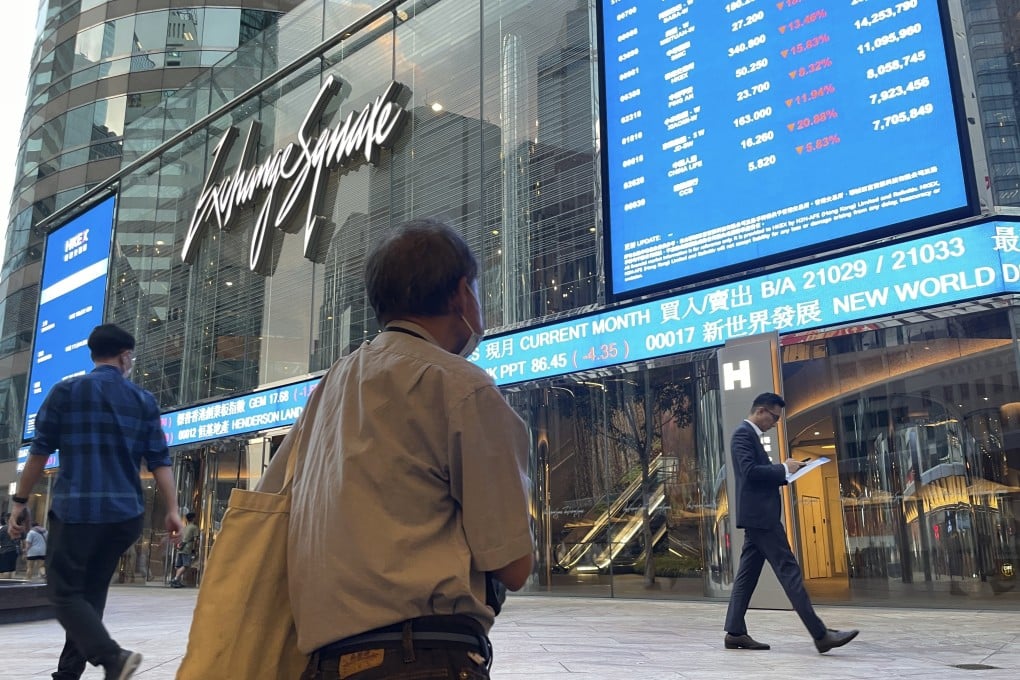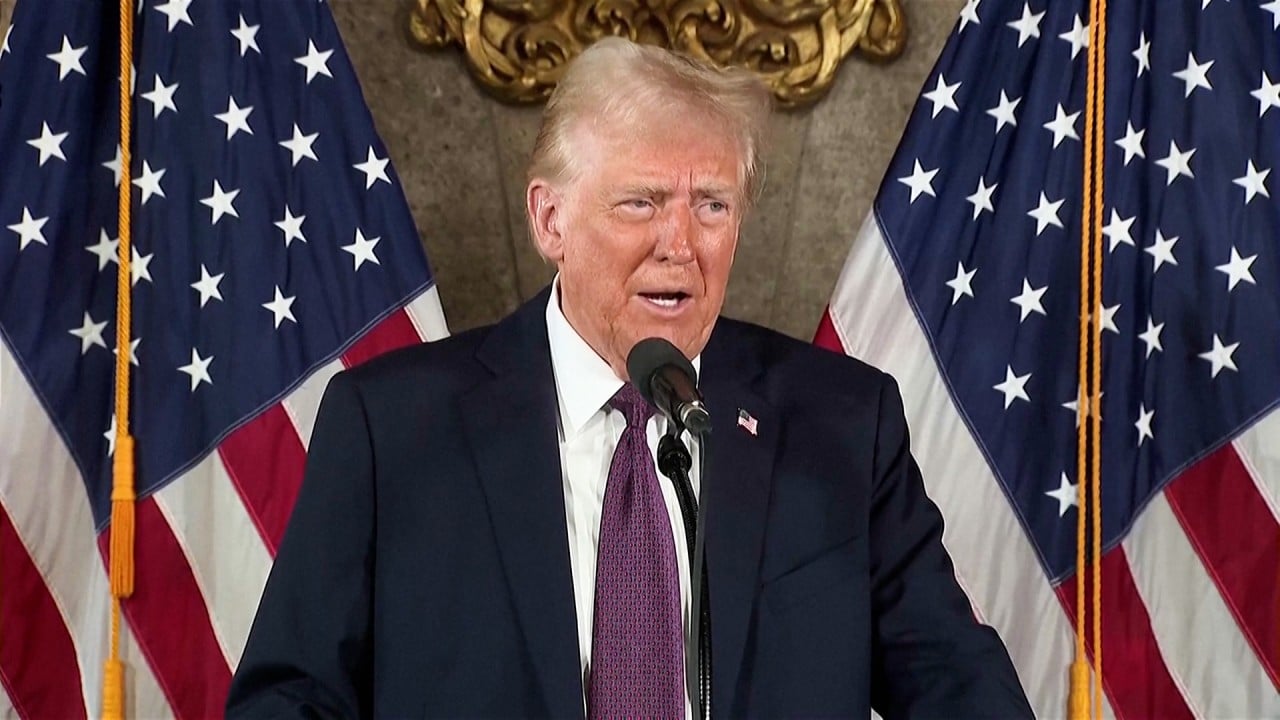Hong Kong stocks hit 6-week low, erasing most of 26% stimulus rally
The Hang Seng Index has surrendered most of the 26.5 per cent rally driven by Beijing’s stimulus blitz on November 24

The Hang Seng Index slipped 0.9 per cent to 19,279.84 on Wednesday, a level not seen since November 26. The benchmark has surrendered most of the 26 per cent rally driven by Beijing’s stimulus blitz on September 24. The Tech Index tumbled 1.1 per cent while the Shanghai Composite Index rose less than 0.1 per cent.
A US government report on Tuesday showed job openings unexpectedly rose in November to a six-month high while hiring softened, suggesting America’s labour market conditions would not pressure the Fed to cut rates by as many times as predicted by Wall Street economists for this year.
“Stocks are now under pressure because of waning expectations about Fed rate cuts,” said Yan Zhaojun, an analyst at Zhongtai Securities. “The market is also being held back by weak corporate earnings and the uncertainty of the size of China’s incremental fiscal stimulus.”
